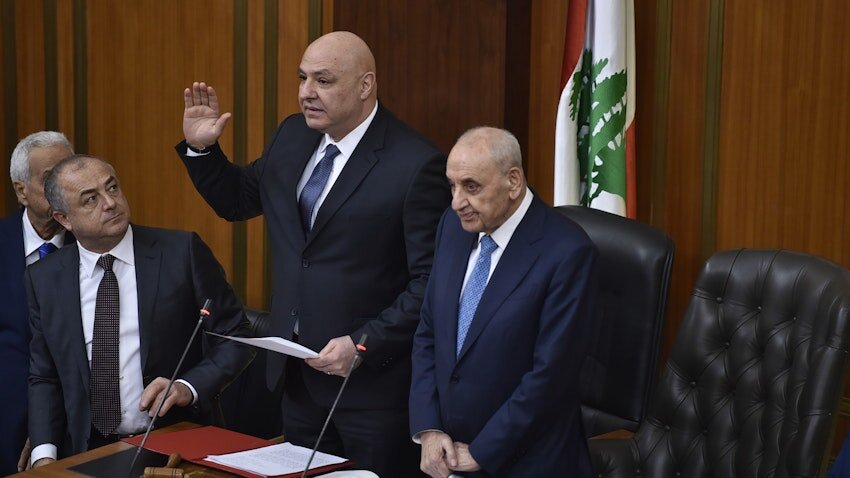BEIRUT — As US pressure on Hezbollah escalates, the pressures of Lebanese and Western Asia and the massive world are anticipating negotiations between the US and Iran.
Ariel Kahana, an analyst in diplomacy and US affairs for Israel Hayom, said he had no prior knowledge of the “consensus” between Israel and the Iranians to begin negotiations, and said he confirmed that the “shock is clear,” according to sources in the Israeli mandate.
Avi Ashkenazi, correspondent and commentator for Maalif’s Military Association, further said Trump is telling Netanyahu that he intends to enter negotiations with Iran.
Meanwhile, observers believe that US demands from Iran are likely to lead to a decrease in Tehran’s support for the axis of resistance.
Other observers have seriously warned that negative outcomes will raise the price of oil barrels to nearly $1,000.
Also, some analysts hope that the Iran-US settlement will lead to a retreat, resulting in lifting restrictions on Lebanon’s reconstruction. In an interview, Lebanon’s Parliament Speaker Navi Beli described negotiations as “destiny.”
In parallel, the Saudi Arabia Channel incited the flames of attacks against Lebanon, consistent with false allegations aired by Avichey Drie, a spokesman for Israeli occupation forces, about weapons smuggled into Hezbollah through the port of Beirut.
The suspicious step has been widely read as a prelude to security restrictions similar to those already taking place at Beirut airports, or perhaps due to new attacks.
In response to an order from the US Spiden (embassy) in Beirut, the government of Nawaf Salam attempted to declare. “We operate at the port with the same troops we used at the airport… we need to work to determine the legality of the port and its board, review, amend and implement the law.”
Clearly, this new, blatant intervention coincides with an ongoing US-led Israeli invasion. This is not intended to disarm the resistance, but rather places important Lebanon facilities under the full control of the embassy.
During his recent unfortunate visit to Beirut, US West Asia Deputy Envoy Morgan Ortags asked in detail about the port issue and demanded that people close to Hezbollah be excluded from major positions, particularly customs.
In Al Arabia, while in Abu Dhabi, Ortagus described Hezbollah as “a cancer that Lebanon needs to be removed,” and ordered the Lebanese government to take special measures at Beirut port.
It is revealed that Ortagus tightened her rhetoric in Beirut to embarrass her anti-Hazbollah allies.

